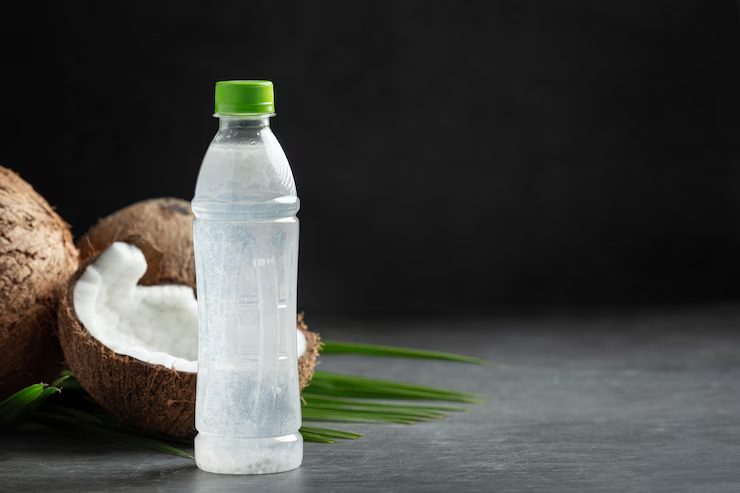Can Coconut Water Spoil?How to Tell If Coconut Water Is Bad, Expired, or Unsafe

Coconut water is a refreshing, nutrient-rich beverage enjoyed worldwide for its natural sweetness and hydrating properties. However, like all perishable products, coconut water can spoil over time. Consuming bad coconut water can lead to unpleasant taste experiences and potential health risks. In this comprehensive guide, we’ll explore how to determine if your coconut water has gone bad, understand the signs of spoilage, and learn best practices for storage to ensure safety and quality.
Can Coconut Water Spoil?
Yes, coconut water can spoil. Despite its natural electrolytes and low acidity, coconut water is susceptible to microbial growth, especially when exposed to air, heat, or light. Even unopened, shelf-stable coconut water has a limited shelf life.
Once opened, coconut water should be refrigerated and consumed within a few days to maintain its freshness and prevent spoilage.
How to Tell If Coconut Water Is Bad
Identifying spoiled coconut water involves observing changes in appearance, smell, taste, and texture. Here are key indicators:
1. Visual Changes
- Cloudiness or Discoloration: Fresh coconut water is clear or slightly cloudy. If it appears murky, yellowish, or brownish, it’s likely spoiled.
- Mold Presence: Visible mold or floating particles indicate contamination and spoilage.
2. Unpleasant Odor
- Sour or Fermented Smell: A sour, vinegar-like, or fermented odor suggests bacterial activity and spoilage.
3. Off Taste
- Sour or Bitter Flavor: Spoiled coconut water may taste sour, bitter, or off. If the taste deviates from its natural sweetness, discard it.
4. Texture Changes
- Thick or Slimy Consistency: Fresh coconut water is watery. A thick or slimy texture indicates spoilage.
5. Carbonation
- Unexpected Fizz: Coconut water is not naturally carbonated. Fizziness suggests fermentation and spoilage.
Coconut Water Expiration: Understanding Shelf Life
Coconut water’s shelf life varies based on packaging and storage:
- Unopened Shelf-Stable Coconut Water: Typically lasts 6–12 months.
- Opened Coconut Water: Should be refrigerated and consumed within 1–3 days.
- Fresh Coconut Water: Extracted directly from coconuts, it should be consumed immediately or refrigerated for up to 24 hours.
Always check the expiration date and storage instructions on the packaging.
Risks of Consuming Bad Coconut Water
Drinking spoiled coconut water can lead to foodborne illnesses. Symptoms may include:
- Nausea and Vomiting: Due to bacterial contamination.
- Diarrhea: Resulting from ingesting harmful microbes.
- Stomach Cramps: Caused by toxins produced by bacteria.
In severe cases, consuming contaminated coconut water can lead to serious health issues.
Best Practices for Storing Coconut Water
To extend the freshness of coconut water:
- Refrigerate After Opening: Store opened coconut water in the refrigerator and consume within 1–3 days.
- Avoid Direct Sunlight: Keep coconut water away from heat and light sources.
- Use Airtight Containers: If transferring coconut water, use clean, airtight containers to prevent contamination.
- Freeze for Longer Storage: Coconut water can be frozen for up to 6 months. Thaw in the refrigerator and consume promptly.
Conclusion
Coconut water is a nutritious and hydrating beverage, but it’s essential to ensure its freshness before consumption. By recognizing signs of spoilage—such as changes in appearance, smell, taste, and texture—you can avoid consuming bad coconut water. Proper storage practices further help in maintaining its quality. Always trust your senses and when in doubt, it’s safer to discard questionable coconut water.






